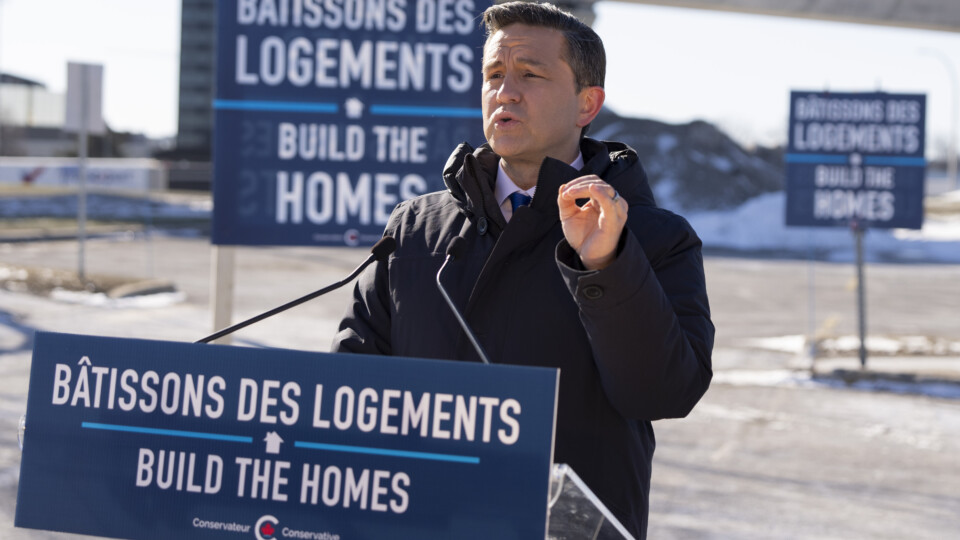No, not “their words.” Their answers to chose one of five phrases that Angus Reid provided them:
- Very hopeful
- More hopeful than fearful
- More fearful than hopeful
- Very fearful
- Not sure
As opposed to giving respondents the opportunity to provide an adjective themselves, then statistically tallying and ranking the top responses.
The question was formulated as though the only choices are to be hopeful, fearful or neither of those two…
Then it’s easy for pundits to say, “a large portion of Canadians are fearful of Poilievre!” See! The surveys prove it.

angusreid.org




